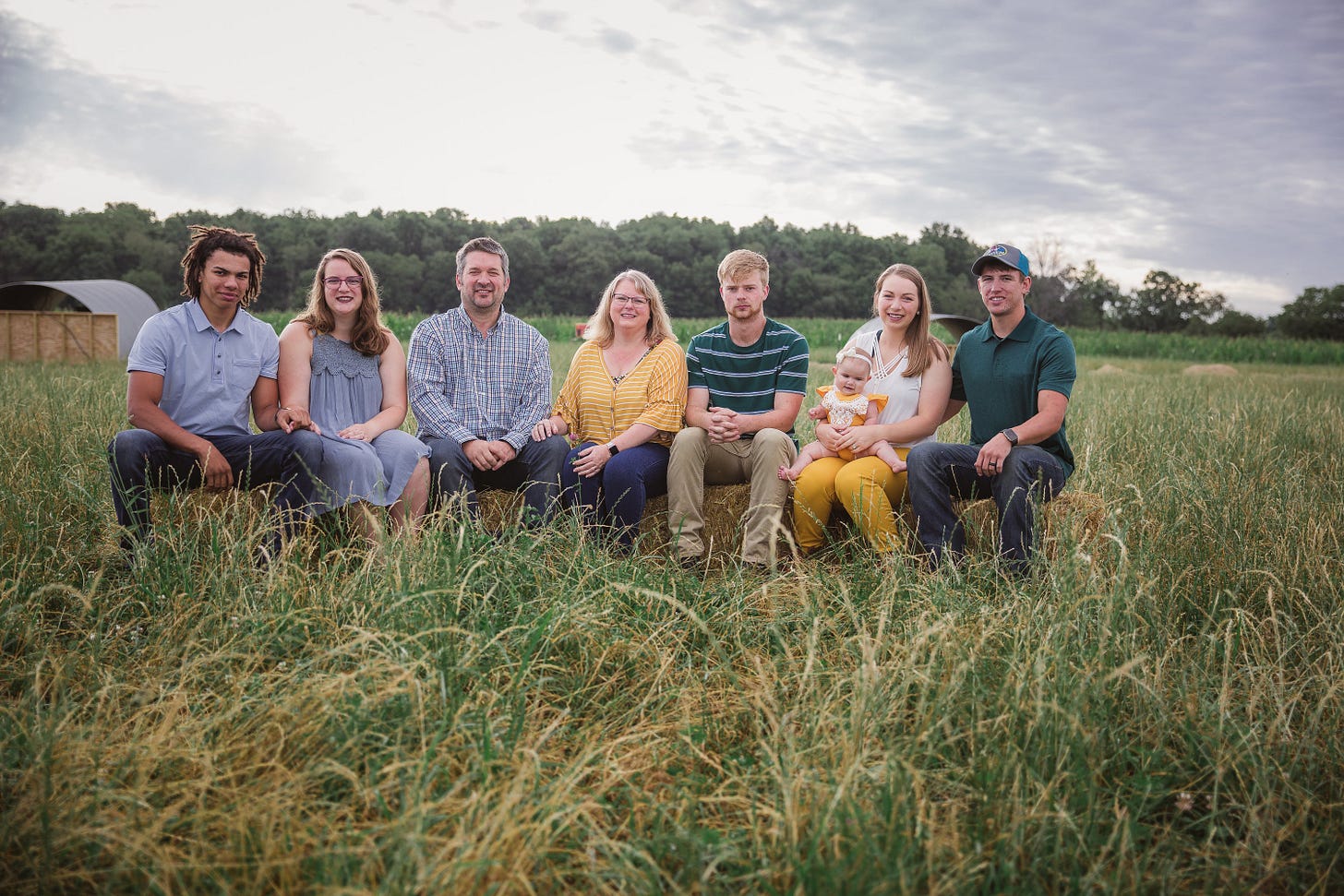$1.36 Billion Cut From Local Food Processing and Marketing, Organic Farming, and Urban Agriculture in Debt Ceiling Deal.
USDA’s failure to implement grant programs quickly put food system reform funding in the crosshairs of debt ceiling negotiators on both sides of the aisle.
The U.S. House of Representatives is expected to vote later today (May 31, 2023) on a controversial bill to increase the nation’s debt ceiling. The bill, negotiated by Republican House Speaker Kevin McCarthy (R-CA) and Democratic President Joe Biden, includes deep “rescissions”--or cuts--for spending previously promised to rural America.
Among the rescissions, the U.S. Department of Agriculture’s (USDA) Food Supply Chain and Agriculture Pandemic Response Program faces $1.36 billion in losses if the debt ceiling deal passes. The program includes funding for independent meat processors, local food processing and marketing infrastructure, organic farming, urban agriculture, and more. These programs were funded primarily through the Democrats’ 2021 American Rescue Plan Act (ARPA).
“They’ve taken the few crumbs us local food producers and marketers were given through the pandemic aid package, and now they’re walking back those promises,” said Greg Gunthorp, a family farmer and independent meatpacking plant operator in LaGrange, Indiana. “It seems like we’ve forgotten about the bare grocery store shelves and need for more diverse local food options to support food security in our country.”

The deal does not reduce USDA funding for Industrial Agriculture-supported programs such as commodity payments, crop insurance, and voluntary conservation programs available to factory farms. That’s not a surprise, according to Gunthorp.
“Secretary [of Agriculture Tom] Vilsack, he talks a big game about local food, rural wealth extraction, and meatpackers controlling our markets. But he’s not really that much different than [former Secretary of Agriculture under President Trump] Sonny Perdue. And I’m afraid this Congress and the White House are not much better when it comes delivering on their promises for family farmers and local food.”
USDA’s failure to successfully implement and deploy funding has been a regular feature of Secretary Vilsack’s tenure. In 2021, USDA’s failure to quickly implement a $4 billion ARPA federal debt relief package for Black, Native American, and other marginalized producers left 15,000 farmer-applicants in bureaucratic and legal limbo.
Vilsack also famously slow-walked livestock market reforms while serving in the same post during the Obama Administration, leading to cancellation of the GIPSA rules by then-President Trump. The Biden USDA has proposed similar livestock rules, though significant improvements and clarifications to the Packers and Stockyards Act are still not implemented.
In addition to rescissions for promised USDA food system reforms, the debt ceiling deal includes other important policies impacting rural people and rural communities. The deal expands work requirements for SNAP recipients, a key priority for Republicans during this year’s Farm Bill re-authorization debates. And the legislation would complete the Mountain Valley Pipeline, undermine the National Environmental Policy Act, and harm Disadvantaged Communities according to Environmental Justice groups.
Debt ceiling deal budget cuts and fossil fuel-friendly policies are likely to lead to “no” votes from many Democrats. Some Freedom Caucus Republicans are also opposing the deal, seeking larger reductions in federal spending.
If passed in the House, the Senate will vote on the package later this week. The debt ceiling legislation must pass both chambers and be signed by President Biden to avoid a federal debt default by early June.
The Cocklebur covers rural policy and politics from a progressive point-of-view. Our work focuses on a tangled rural political reality of dishonest debate, economic and racial disparities, corporate power over our democracy, and disinformation peddled by conservative media outlets. We aim to use facts, data, and science to inform our point-of-view. We wear our complicated love/WTF relationship with rural America on our sleeve.



